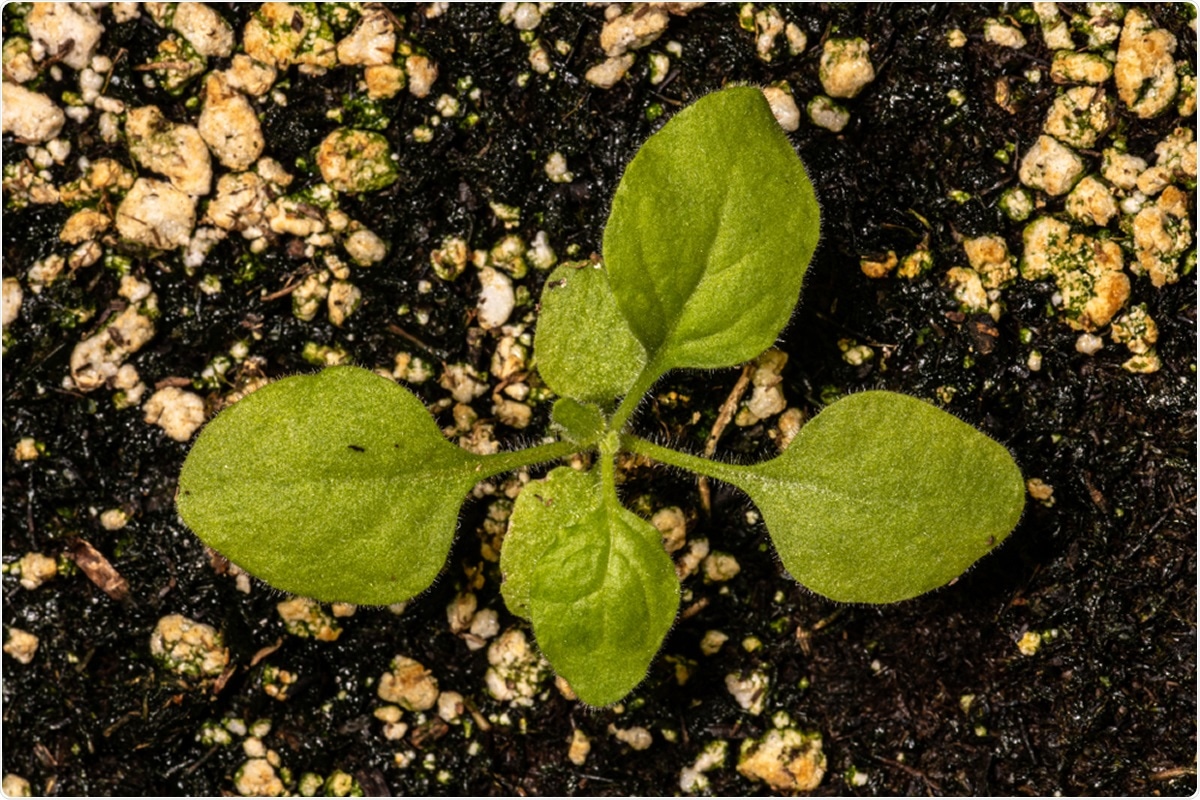An interim report on a phase 2 clinical trial indicates both the safety and efficacy of a plant-produced virus-like particle vaccine candidate against severe acute respiratory syndrome coronavirus 2 (SARS-CoV-2). The vaccine candidate has shown an acceptable safety profile and high potency in inducing humoral and cellular immune responses in adults (18 – 64 years) and elderly (65 years and above) individuals. The report is currently available on the medRxiv* preprint server.
With over 164 million infected people and 3.41 million deaths recorded, the COVID-19 pandemic continues to impose severe burdens on the global healthcare and economic sectors. COVID-19 is caused by SARS-CoV-2, an enveloped RNA virus, which shares more than 50% sequence similarity with other lethal members of the human coronavirus family, such as SARS-CoV-1 and Middle East respiratory syndrome coronavirus (MERS).
Although many potential vaccines have been developed to control the pandemic, there remains concern about the effectiveness of these vaccines against newly emerging variants of SARS-CoV-2 with higher infectivity and virulence. To negate the immune evading ability of SARS-CoV-2 variants, it is thus necessary to develop new vaccines or modify existing vaccines to make them suitable for novel variants.
In the ongoing Phase 2/3 randomized, placebo-controlled study, the scientists have investigated the safety profile and immunogenicity of a SARS-CoV-2 vaccine candidate developed by a Canadian biotechnology company Medicago.
About the vaccine candidate
The vaccine candidate comprises a self-assembling coronavirus-like particle that displays trimers of recombinant SARS-CoV-2 spike protein embedded into the lipid bilayer of nanoparticles. The virus-like particles closely mimic the native structure of SARS-CoV-2 and are produced in the plant Nicotiana benthamiana (colloquially known as benth or benthi).

Nicotiana benthamiana. Image Credit: Hanjo Hellmann / Shutterstock

 *Important notice: medRxiv publishes preliminary scientific reports that are not peer-reviewed and, therefore, should not be regarded as conclusive, guide clinical practice/health-related behavior, or treated as established information.
*Important notice: medRxiv publishes preliminary scientific reports that are not peer-reviewed and, therefore, should not be regarded as conclusive, guide clinical practice/health-related behavior, or treated as established information.
To improve vaccine efficiency, the oil-in-water Adjuvant System 03 (AS03) was used. After immunization, the adjuvant triggers a transient innate immune response in peripheral blood, which in turn strengthens the induction of humoral and cellular adaptive immune responses to the vaccine antigen.
Study design
The study was conducted on 306 adults aged 18 – 64 years and 282 older adults aged 65 years and above. The participants were administered 2 doses of the candidate vaccine at an interval of 21 days.
The safety, tolerability, and immunogenicity of the vaccine were assessed in the study. The immunogenic efficacy was determined on the basis of neutralizing antibody responses and interferon- and IL-4-related cellular immune responses.
Important observations
Safety and tolerability
Although the vaccine was well-tolerated in both study populations, a mild reactogenicity was observed among older adults.
After the 1st and 2nd vaccine doses, local adverse events were observed in 94% and 88% of adults, respectively. Among older adults, 61% and 54% reported local adverse events after the 1st and 2nd vaccine doses, respectively. In both study populations, the most common local adverse event after the 2nd dose was pain at the injection site. Similarly, the most common systemic adverse events were fatigue and muscle aches.
The majority of adverse events observed in participants were mild or moderate in intensity. Moreover, the symptoms typically subsided between 24 hours and 3 days. None of the participants showed any signs of vaccine-associated enhanced disease, anaphylaxis, or potential immune disorders.
Antibody response
Compared to placebo-treated control participants, about 44% of vaccinated adults and 31% of vaccinated older adults showed a 4-fold increase in neutralizing antibody response 21 days after the 1st dose. A relatively lower immune response observed in older adults after the 1st dose disappeared with the 2nd vaccine dose, wherein no significant difference in average antibody titer was observed between adults and older adults 21 days after the 2nd dose.
Importantly, a 10-fold higher neutralizing antibody titer was observed in vaccinated participants compared to that in COVID-19 recovered individuals.
Among study participants, 1.5% were seropositive at baseline. In these participants, antibody titers increased significantly 21 days after receiving the 1st vaccine dose. However, only a moderate increase in antibody titer was observed after the 2nd dose in seropositive participants.
Cellular immune response
In both study groups, a significant induction in interferon immune response was observed 21 days after the 1st dose, which further increased after the 2nd dose. After 1st and 2nd vaccine doses, adults exhibited more robust interferon responses than older adults.
After the 1st dose, detectable IL-4 responses were observed in 35% of adults and 17% of older adults. However, after the 2nd dose, IL-4 responses were observed in 94% of adults and 75% of older adults.
Study significance
The study findings reveal that the candidate vaccine with adjuvant system 03 is well-tolerated in humans. Importantly, a two-dose regimen of the vaccine is capable of inducing robust antibody-mediated and cell-mediated immune responses among individuals aged 18 – 88 years.

 *Important notice: medRxiv publishes preliminary scientific reports that are not peer-reviewed and, therefore, should not be regarded as conclusive, guide clinical practice/health-related behavior, or treated as established information.
*Important notice: medRxiv publishes preliminary scientific reports that are not peer-reviewed and, therefore, should not be regarded as conclusive, guide clinical practice/health-related behavior, or treated as established information.